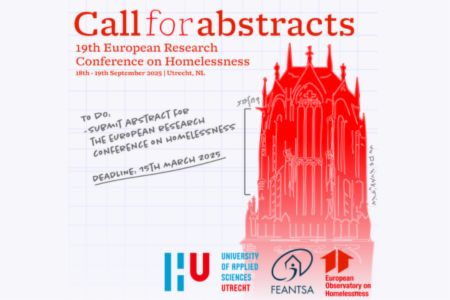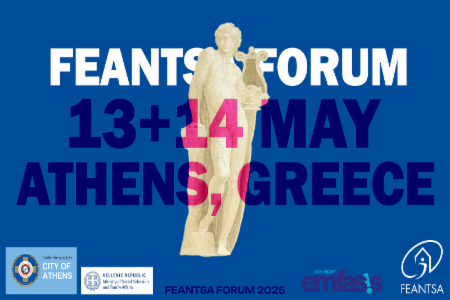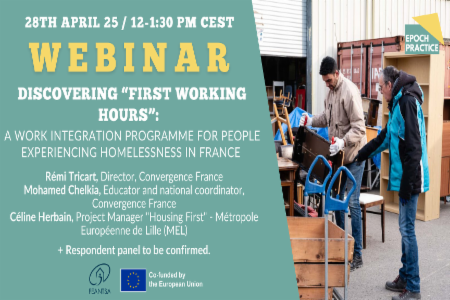REPORT
Vulnerabilities of Stockholm’s destitute EU citizens
Stockholms Stadsmission
Read and download the report here (EN, online PDF)
Read and download the press release here (EN, online PDF)
This report is based on the answers to a survey conducted between December 2020 and March 2021 to 51 individuals who are destitute mobile EU citizens living in Stockholm.
The aim of the research was to gather information about the following issues: the challenges this group face, their housing conditions in Stockholm, the link between residence status with employment, their access to the labour market and welfare benefits, whether they were aware or not of their EU citizenship rights, and their health status and access to healthcare. Finally, there is a focus on the characteristics of the Polish and Romanian citizens participating in the survey.
69% of the people interviewed were roofless or had inadequate housing, while the remaining 31% were living in destitution and needed the support of services such as the ones in Stockholms Stadsmission. Only 6% of the people surveyed had a legal rental contract. Despite these living conditions, many obstacles make it difficult for the respondents to access welfare benefits in Sweden, since 86% of them have never applied for benefits. Interestingly, almost 60% of the interviewees have been staying for a long time in Sweden: 29.5% of them for more than 5 years, and 29.5% between 1 and 5 years.
Parallel to the survey in Stockholm, similar surveys were conducted in Brussels, Barcelona and Münster on behalf of FEANTSA, with the aim of collecting concrete data on the situation of the target group in different areas of life and to take a closer look at these, with reference to the legal framework and local conditions. To have a look at the other reports, please click here.
This event is part of the ongoing work by FEANTSA on the link between EU migration and homelessness, which is currently undertaken within the framework of the PRODEC project (Protecting the Rights of Destitute Mobile EU citizens). This project is supported financially by EPIM, the European Programme for Integration and Migration.






